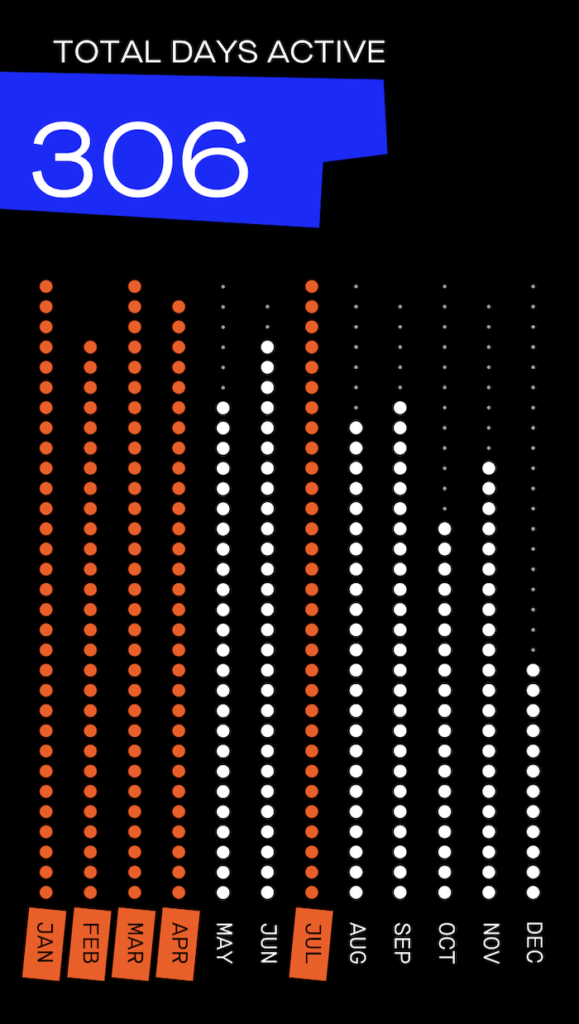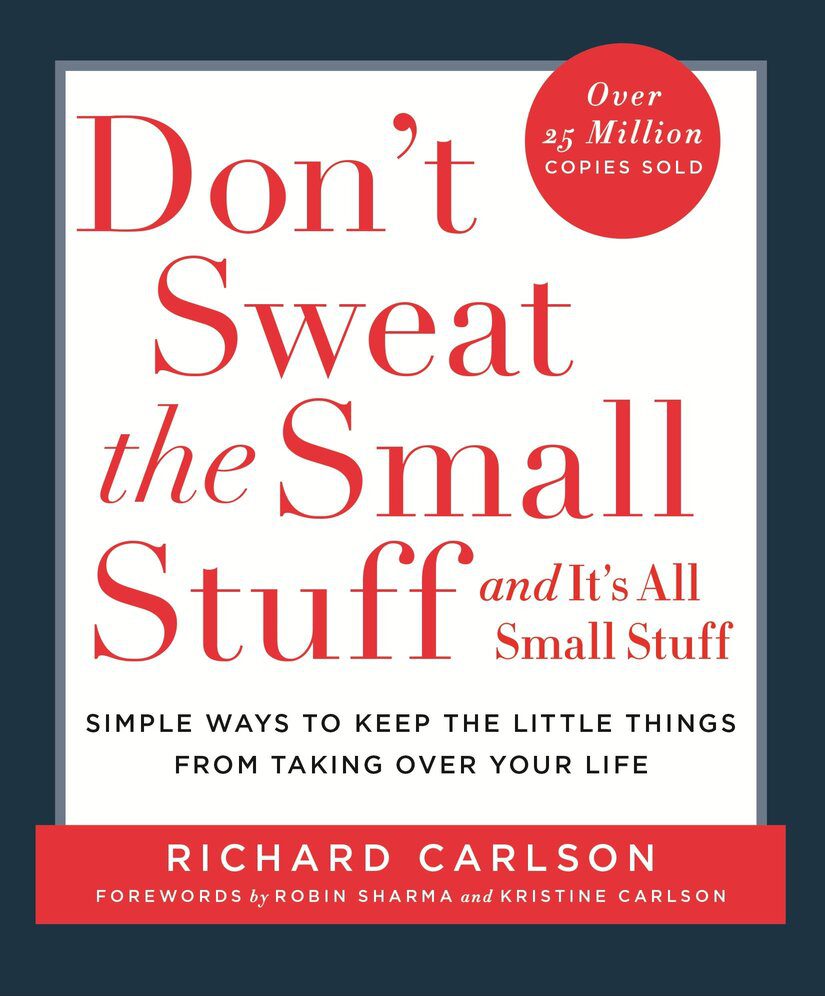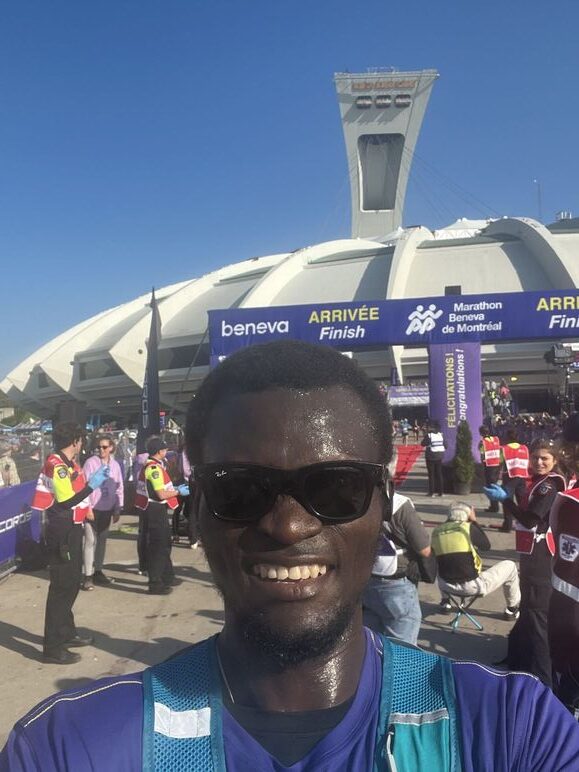“The more you sweat in peace, the less you bleed in war.”
Sweat is the fluid secreted by sweat glands in our skin, and it is our body’s natural cooling mechanism. We sweat when our body temperature rises from exercise, hormonal shifts, heat, nervousness or stress. Sweat keeps our body’s internal temperature at about 98.6°F (37°C). Sweating is a form of thermoregulation, the ability of an organism to keep its body temperature within certain boundaries, even when the surrounding temperature is very different. In humans, we achieve this thermoregulatory function through fluid secretion by the eccrine glands. Sweat is our skin’s mechanism for preventing overheating and increasing blood circulation.
Why We Sweat 1
Sweating is a natural feature of human metabolism that is particularly important to cool the body in hot climates and/or after vigorous exercise. Most of the sweat that is secreted from the body’s surface comes from eccrine glands. Eccrine glands are simple tubular structures that occur over much of the skin, with the highest concentration on the palms, soles of the feet, forehead and armpits. Eccrine sweat consists predominantly of water (99%), salts (∼47 mM Na, 8.6 mM K, 29.7 mM Cl), amino acids, glycerol, lactic acid, proteins (0.06–0.12 g/L) and other electrolytes. Apocrine sweat glands are the dominant type of sweat gland in the human axilla (underarm region) and exist alongside axillary eccrine glands at a ratio of ∼10:1.
Sweating can be stinky and messy, but it is our body’s cooling mechanism. According to research, sweat is good for the body as it increases endorphin production during exercise, detoxifies our body system, and helps change our mood and outlook. I find sweating to be very healing and therapeutic. One of the few disciplines that I have been able to solidify in the past two years is the habit of sweating daily. I sweat daily by training in the gym through the various cardiovascular and sporting activities that I engage in, such as running, strength and resistance weight lifting, pickleball, badminton, lawn tennis, and boxing, among others. Most days, it is a struggle going to the gym to exercise, but how I feel after exercising, the joy of sweating, and how I feel afterwards usually compels me to go train. As the saying goes, if you cannot do it in training, it will be hard to execute it on game day; hence, I put a lot of effort into my training regimen.

Knowing what to sweat over is very important as we can sweat when we are nervous, during exercise or over trivial things. As American author and Psychotherapist Richard Carlson recommended in his classic book, Don’t Sweat the Small Stuff . . . and It’s All Small Stuff: Simple Ways to Keep the Little Things from Taking Over Your Life. He observed that life is not an emergency; most of the things we worry about are mostly small stuff; hence, one should move from always reacting to gaining perspective, letting life flow as it would, stop resisting, and radically accepting the vicissitudes of life.

Whenever we’re dealing with bad news, a difficult person, or a disappointment of some kind, most of us get into certain habits, ways of reacting to life – particularly adversity – that don’t serve us very well. We overreact, blow things out of proportion, hold on too tightly, and focus on the negative aspects of life. When we are immobilized by little things – when we are irritated, annoyed, and easily bothered – our (over-) reactions not only make us frustrated but actually get in the way of getting what we want. We lose sight of the bigger picture, focus on the negative, and annoy other people who might otherwise help us.
In short, we live our lives as if they were one great big emergency! We often rush around looking busy, trying to solve problems, but in reality, we are often compounding them. Because everything seems like such a big deal, we end up spending our lives dealing with one drama after another. After a while, we begin to believe that everything really is a big deal. We fail to recognize that the way we relate to our problems has a lot to do with how quickly and efficiently we solve them.
When you “don’t sweat the small stuff,” your life won’t be perfect, but you will learn to accept what life has to offer with far less resistance.
Meditation
- Daily Calm with Tamara Levitt – Loneliness
- All thoughts and emotions are everchanging; they come, and they go. You are not your thoughts; by gently noticing them and getting curious about them, You begin to differentiate between what is true and what your mind wants you to believe is true. We can be very convincing with our negative emotions, and challenge our thoughts when they arise.
- We don’t want to push away our feelings, gently hold the loneliness with mindful awareness while at the same time also maintaining awareness that like all mental states, loneliness comes and goes. It is not a permanent feature of who you are.
“Remember sadness is always temporary. This, too, shall pass.” – Chuck T. Falcon
- Daily Jay with Jay Shetty – Preconceptions
- We judge our emotions and feelings quickly, such as when we feel we are angry but we are just hungry. There is more to pretty everything than the first perception, and when we don’t take time to examine our hasty judgment and preconceived notions, there is a good chance that we might not respond appropriately.
- Daily Trip with Jeff Warren – Be A Body
Podcast
- AI: The Future of Mediation? Jay Shetty Podcast featuring Michael Acton Smith. Michael, co-founder of Chairman of Calm
All the Best in your quest to get better. Don’t Settle: Live with Passion.



Comments are closed.